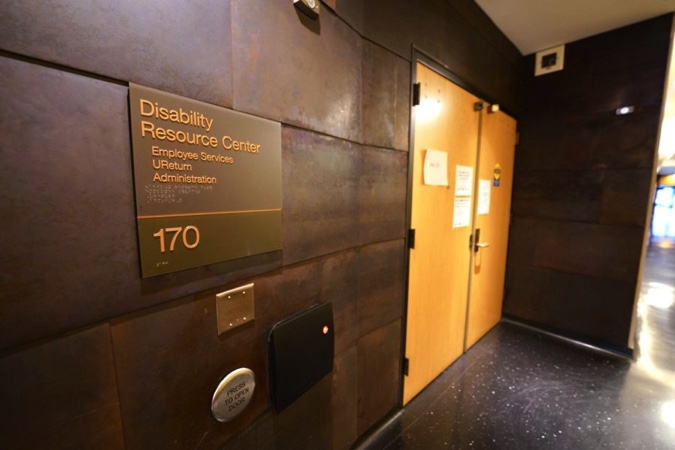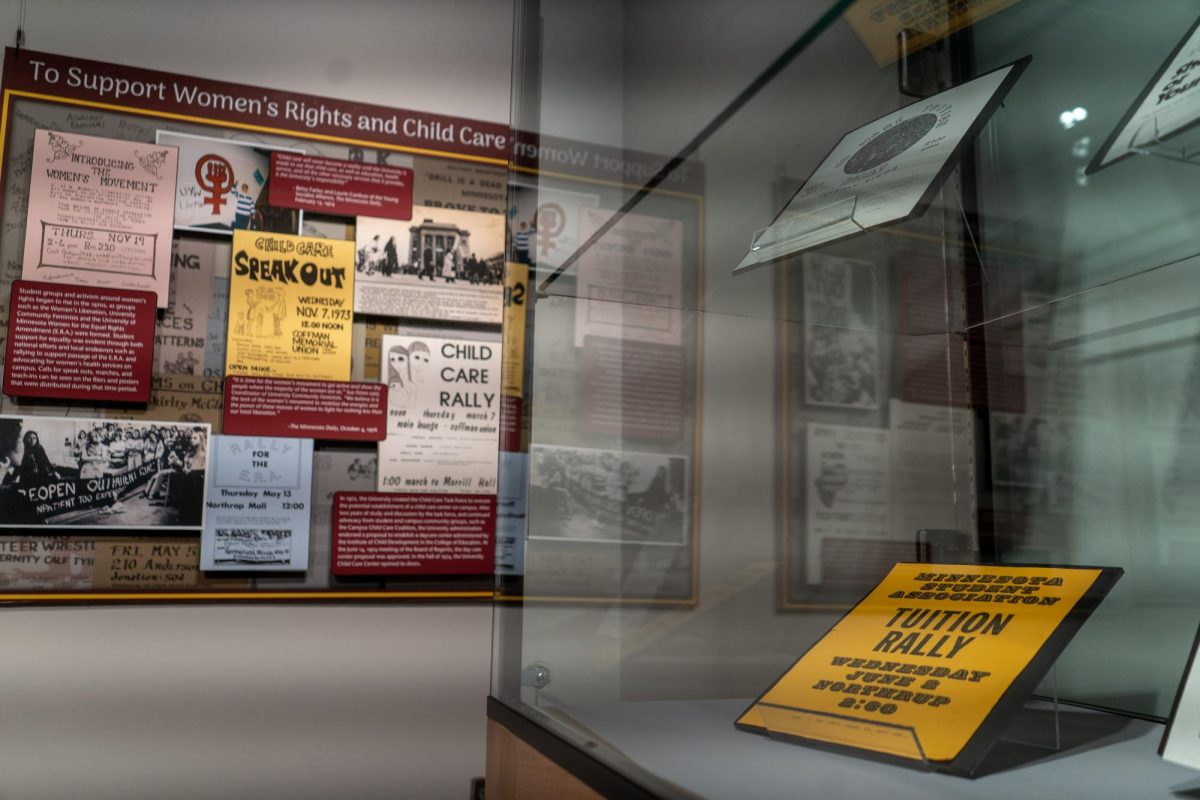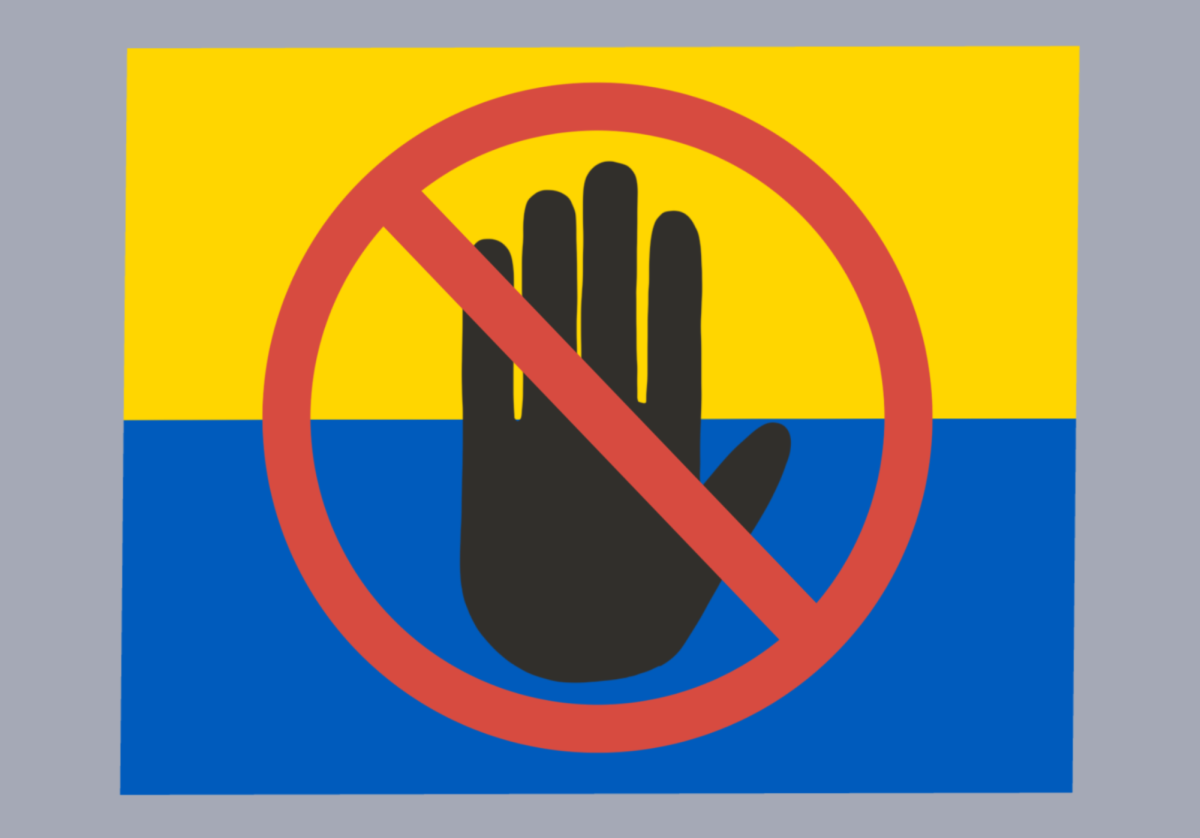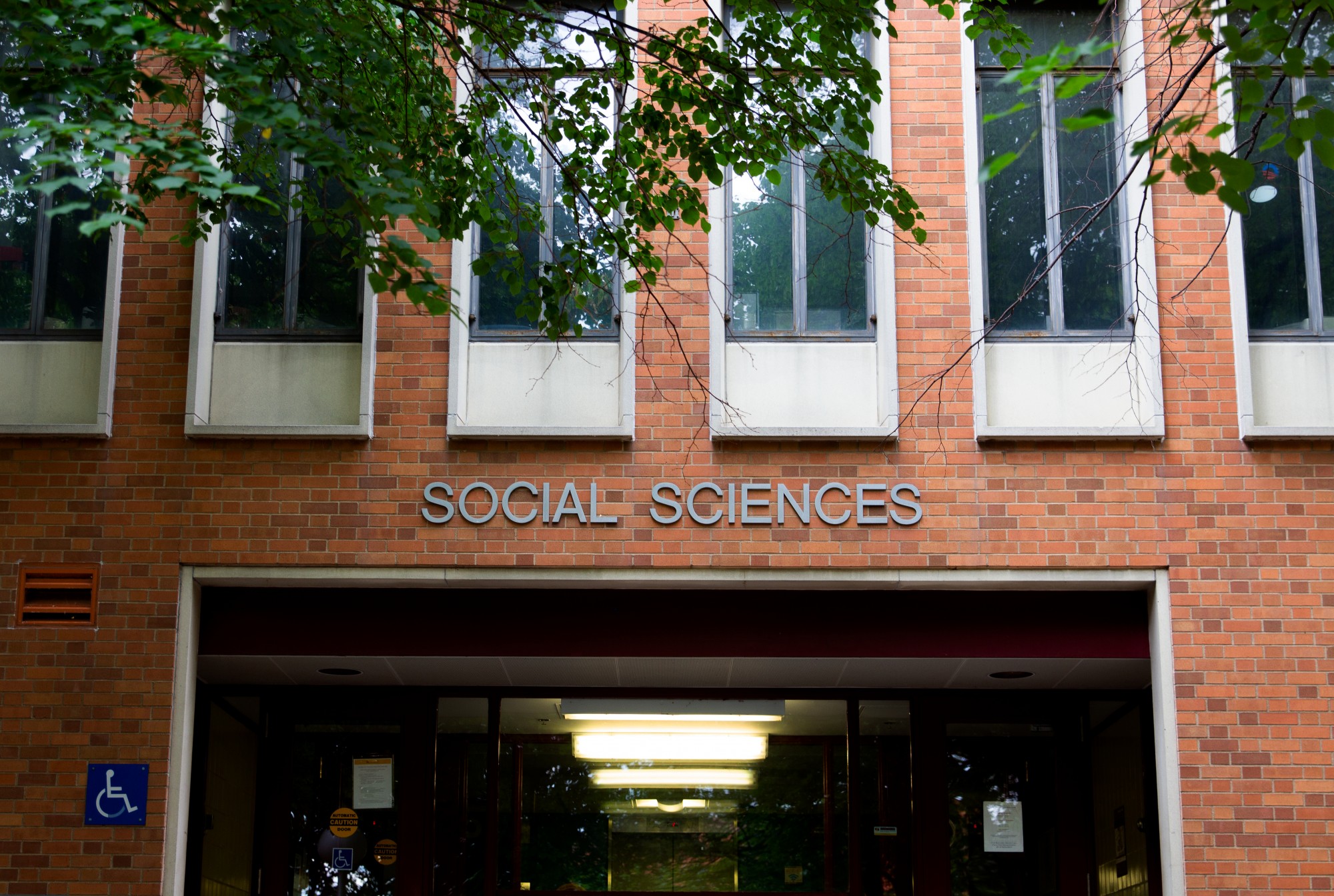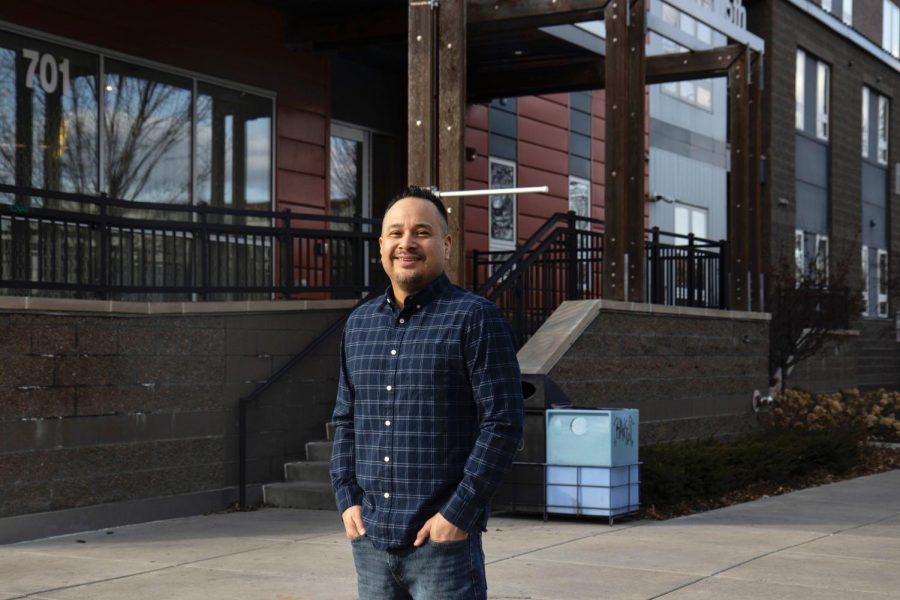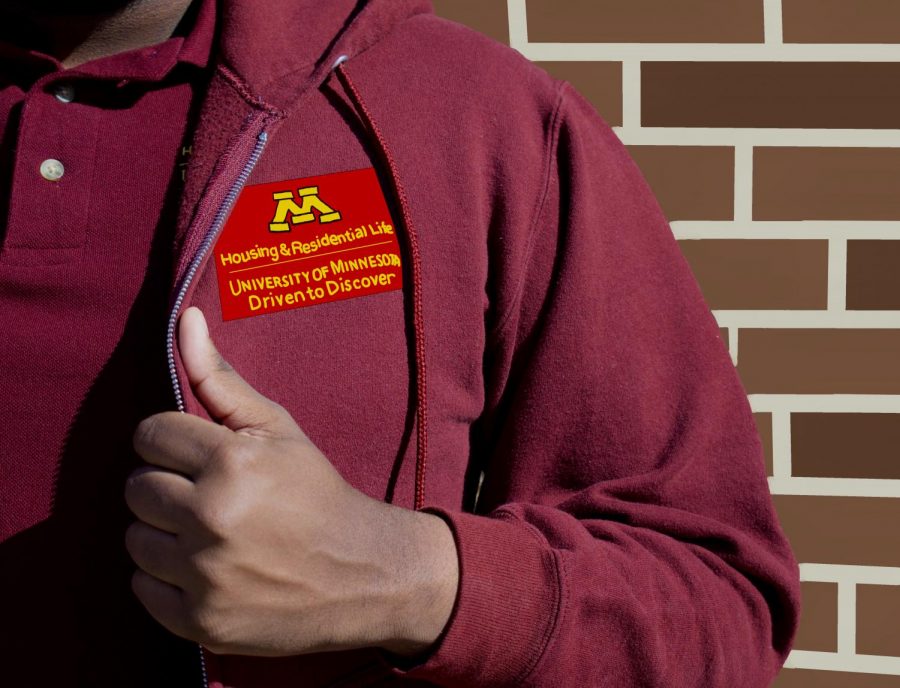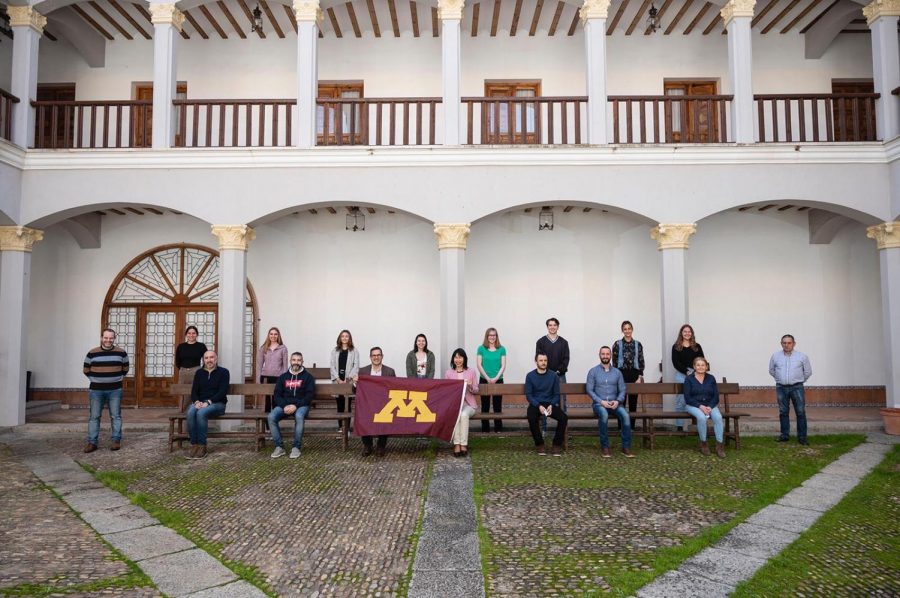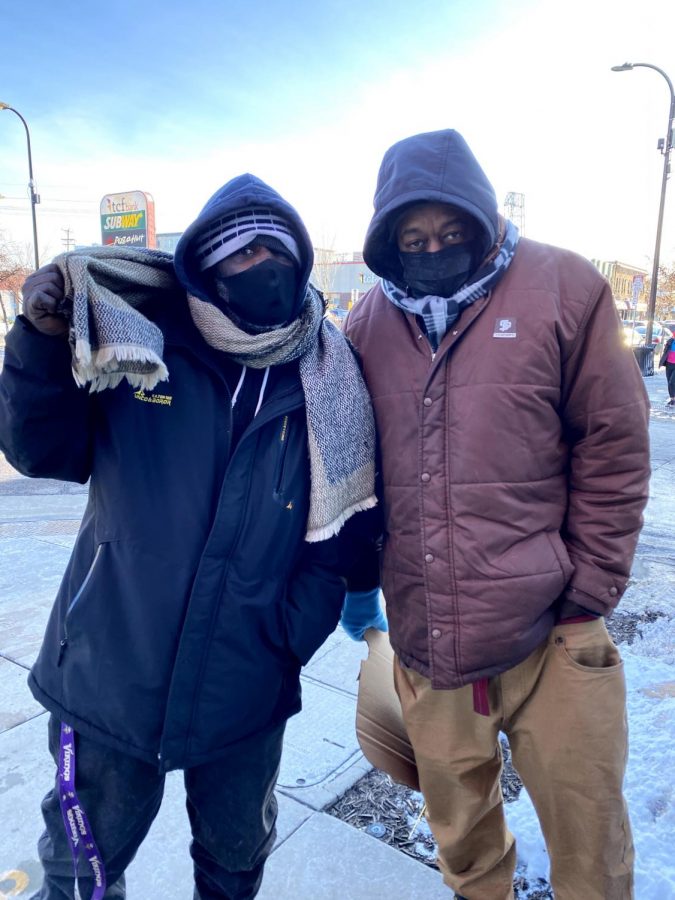The University of Minnesota Disability Resource Center’s (DRC) team of seven full-time captionists are still asking the DRC for the reasoning behind the decision to terminate their positions earlier this summer.
The captionists are full-time University workers who provide transcription services for students, staff and faculty who are Deaf or hard of hearing. Many people use captioning services because they are not proficient in sign language, according to Sina Hanson, a captionist whose position was terminated.
The DRC stated the decision is a “cost-saving measure” and has decided to utilize their outside vendors full time starting Aug. 15, which the University believes will provide an enhanced service to caption users, according to the University’s Director of Public Relations Jake Ricker. The DRC has used these vendors for 16 years, and it currently provides 70% of captioning services.
Captionists and some caption-users have expressed fear that the decision may create more barriers to equitable education at the University. A petition to save the University’s captionistists has over 450 signatures to date, with professors, alumni, students and community members voicing opposition to the termination of the captionists.
Captionists Hanson and KeriAnn Hollerud said they attended a meeting with DRC and the Interpreting/Captioning Unit management on May 31, expecting management would announce the three captionist positions that had been vacant since the 2020-21 fiscal year would not be refilled.
“We had continually said we are stretched to the max and we can’t cover as much as is being asked,” Hanson said. “Instead, they told us that they were going to lay off our whole entire team.”
Tina Marisam, associate vice president of the Office for Equity & Diversity, said her office and the DRC decided to transition to full use of real-time vendor captioning services.
“While this is a very difficult decision, it was based on a determination that the transition will result in highly accurate captioning services and in cost savings that will enable the reallocation of resources to programs that proactively promote accessibility,” Marisam said in an email to The Minnesota Daily.
Captionists’ union questions the layoffs and requests data
AFSCME Local 3937, the union that represents University captionists, has filed a class action grievance against the DRC for refusing to provide AFSCME with data used to justify the layoffs for the full-time captionists. Mary Austin, president of AFSCME 3937, said AFSCME is advocating for the captionists to be reinstated with full wages and benefits.
On June 3, AFSCME requested data from the DRC that would prove the decision to terminate the captionists’ positions would result in cost savings and to explain why they were being laid off, according to Hanson and Hollerud.
While DRC management is contractually obligated to share data regarding layoffs with AFSCME, according to Austin, the DRC has yet to provide the union with the data without requesting a fee, a move that Austin said the union believes is a violation of Article 25 and Appendix D in the Collective Bargaining Agreement between the University and AFSCME locals 3937 and 3801.
“We are left in the dark and there is not much to talk about,” Austin said. “They are frustrating the process.”
In an email to The Minnesota Daily, Scott Marshall, the DRC’s interim director, said the seven captionists “are being afforded rights required by the labor agreement between the University and their union.”
The DRC directed AFSCME to file a public records request through the University’s Data Request Center to obtain data regarding the layoffs. Marshall said when a public records request is filed, the request center decides what information to release; the DRC does not decide what information to make available. The University did offer to give the data to AFSCME for a $200 fee, which the union did not pay, according to Ricker.
AFSCME is also claiming the layoff of the captionists is not a real layoff because there are no alternate positions at the University available for captionists.
“When you are laid off, you have rights to other positions at the University, but only in the job class that you were in,” Austin said. “The only captioners [at the University] are pretty much at the DRC … and then the vendor that [the DRC] is trying to privatize with does a different type of captioning, so they can’t necessarily even go and be hired by that vendor.”
As University community members, Hanson and Hollerud said they believe the captionists have a greater advantage to provide quality captioning services because they are familiar with the school, school acronyms and events happening around the Twin Cities.
The outside agency would primarily provide remote services, a move that captionists said they believe will cause issues for in-person learning. Hollerud said remote captionists often do not have access to classroom materials like slideshows or presentations.
Hollerud said an important part of the captionists’ work is through a tactic called meaning captioning, where they use context clues around class discussions and lectures to formulate better captions for users.
The contracted agency will now only offer CART (Communication Access Realtime Translation) verbatim captioning, directly translating audio. Hollerud said she believes without context clues around class discussions and lectures, captioning-users will lose out on accurate captions, which could create educational barriers. Hollerud also shared concerns that computer microphones may not pick up everything.
Marshall said students requesting real-time captioning generally express a preference for the verbatim captioning that vendors can provide. He said captioning providers must complete two years of specialized training to use the “highly accurate captioning method” vendor-captioning services provide. The vendor-provided captioning services also have a 97-98% accuracy rate.
“In recent years, the availability of highly accurate vendor captioning services has increased substantially, and the cost has dropped,” Marshall said. “This transition will result in significant cost savings that can be reallocated toward proactively supporting, inclusive teaching, accessible classrooms and workplaces, digital accessibility and other high impact strategies to promote inclusive access.”
Marshall did not state how much money the DRC will save through this decision.
University professors and faculty speak out
Some University professors and faculty members have spoken out against the DRC’s decision to terminate the captionist positions.
“This decision is deeply concerning to me. As a disabled scholar and educator, quality real-time captioning is an essential access measure for me,” Jessica Horvath Williams, a postdoctoral fellow in Gender, Women and Sexuality Studies at the University, said in a statement posted in the Minnesota Transform Weekly Digest. “By outsourcing this vital work to vendors who are not connected to our University, or trained in the specificity of academic discourse, we risk drastically compromising our academic integrity, rigor and standards. The fact that such a sweeping decision was made without community input is appalling.”
English professor James Cihlar said through his experience working with captionists in the classroom, he has found their work is essential to providing equitable education.
“It’s a lot more than just transcribing. They need to know what we’re talking about,” Cihlar said. “They need to be flexible, skilled and educated themselves. It helps a lot for them to be boots on the ground in the room … so that they are part of the community.”
Overall, captionists and professors said they believe the quality of captioning will change drastically. With remote captionists not necessarily providing service from the same time zone, or even the same country, they said they fear engagement with lessons may decrease.
“This is a disenfranchisement of an already marginalized community under the guise of cost saving,” Hanson said.
Hanson said the DRC has not released a public statement on the change in captioning services as far as she knows. She said captioning users were not aware or consulted on this decision and the captionists announced the news to students and faculty.
Cihlar said as the fall semester approaches, the lack of captionists in the classroom will be felt throughout the University community.
“I think it’s a decreased experience,” Cihlar said. “It’s going to be a little less supportive and a little less humane.”
Cihlar also emphasized the importance of ensuring that the captionists are treated fairly.
“These are skilled, trained professionals. It’s hard work … I don’t think I could do it,” Cihlar said. “They deserve job security. They deserve benefits. They deserve a decent salary. They deserve respect.”
Despite everything, Hanson said she hopes she is able to return to the University.
“If the DRC asked me to come back, I will absolutely come back,” Hanson said. “I love this job. I love my team. I will caption until I retire if I can, and I will do it at the University of Minnesota, which is kind of my home university. I am from here, I went here, I love this university.”
Clarification: The University offered AFSCME data for a $200 fee. AFSCME did not pay that fee because they said they think the info should be available to them for free through their interpretation of the wording of Article 25 and Appendix D of their Collective Bargaining Agreement with the University. The University is allowed through Minnesota law and University policy to charge for public record requests. The University’s explanation for the layoffs is that they are a significant cost savings measure that the University said will provide an enhanced service. The union is requesting data to justify the rationale behind the decision. The caption-users referred to in this article are professors who use captioning services and have students in their classes who use captioning services.
Correction: A previous version of this article misstated how many vendors the DRC contracts. The DRC works with several vendors for captioning services.
Correction: A previous version of this article misstate the acronym for CART. It stands for Communication Access RealTime Translation.


